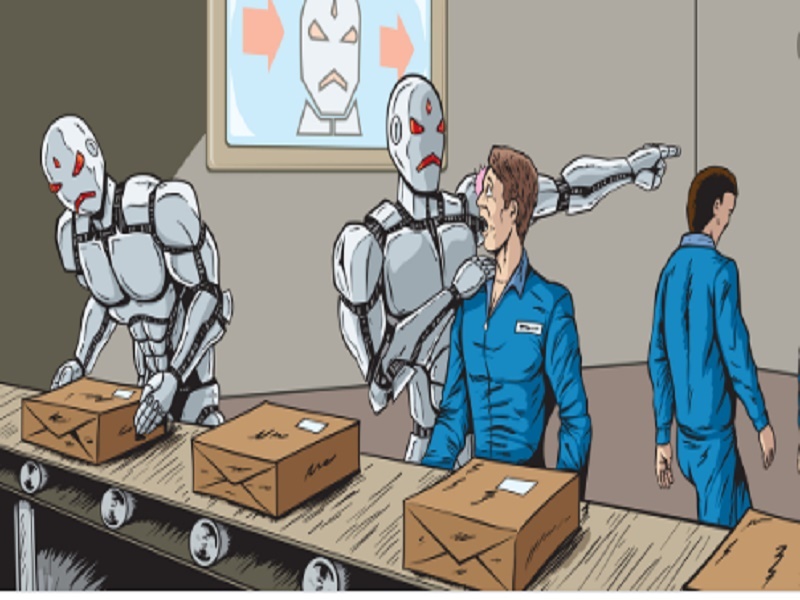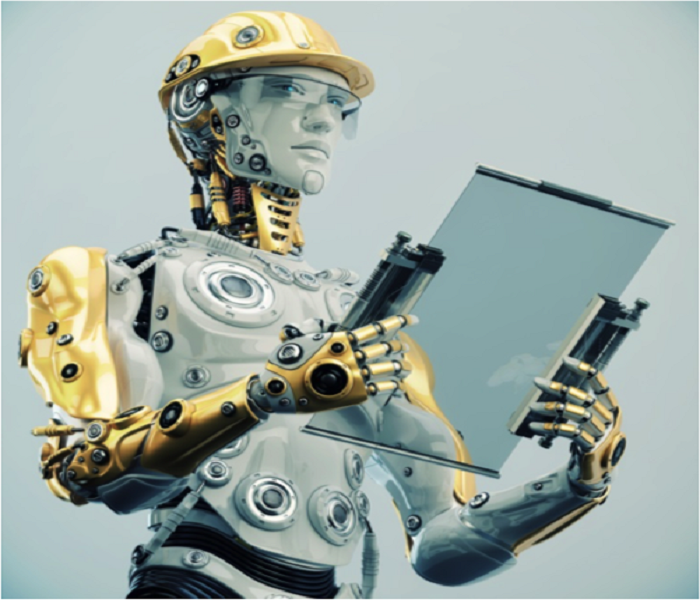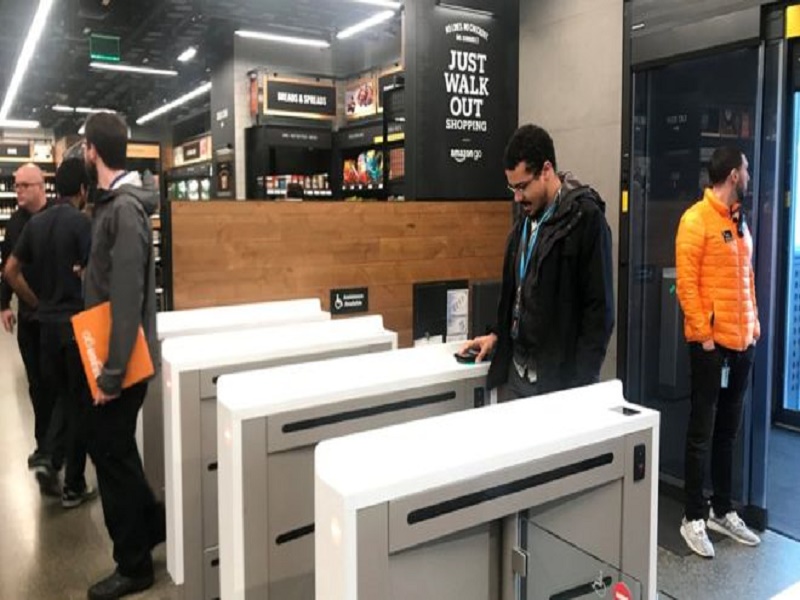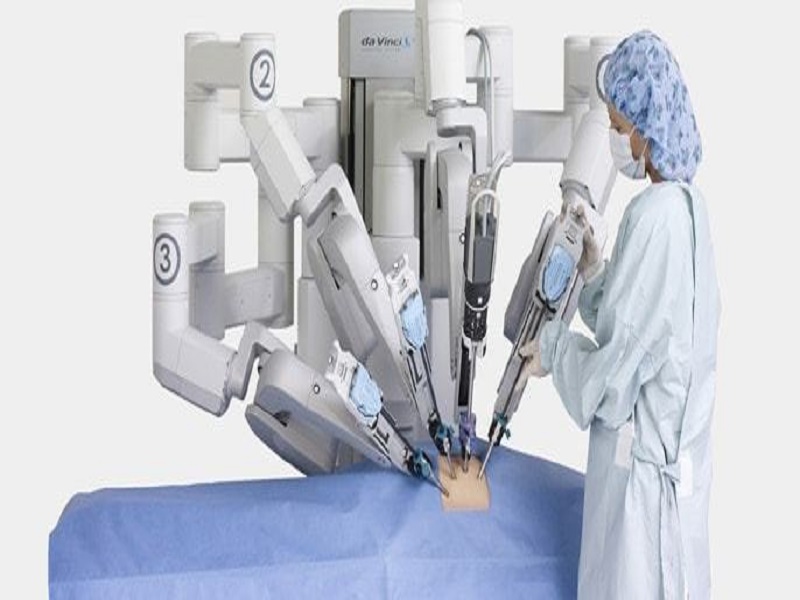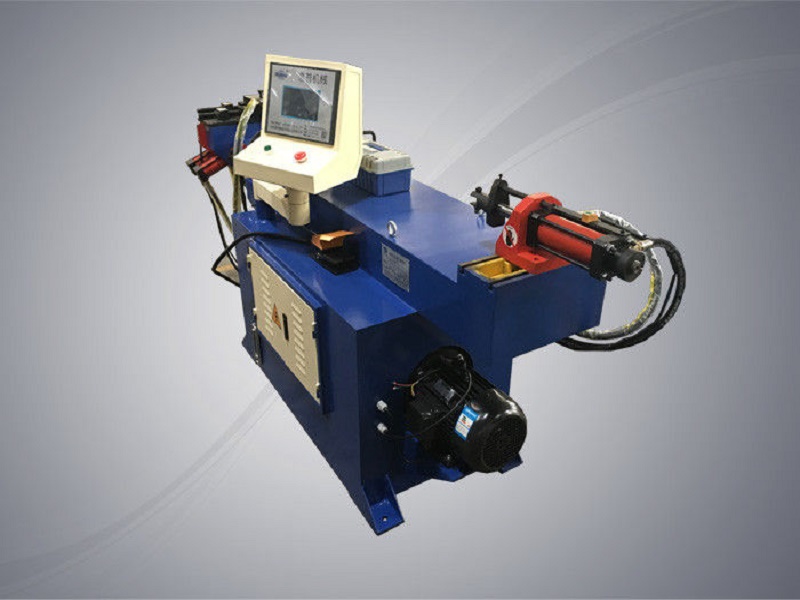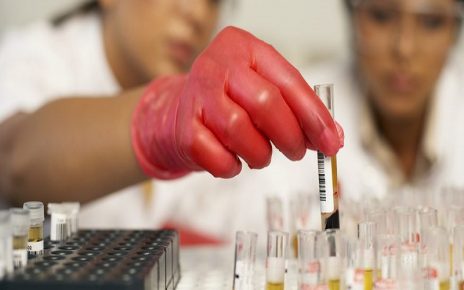Do modern technological innovations have such magnitude that they make it likely that in the future we will have fewer job opportunities in the West and more free time?
The disruption caused to the labor market by Industry 4.0 , robotization and the increase in delivery services without people are already the order of the day. There are indications that there will be changes of an important socioeconomic magnitude, as opposed to the sporadic technical improvements observed to date.
This raises, however, several interesting questions: as employees, are we ready, socially and psychologically, to increase our leisure time? Can we learn from our own socio-economic history until the moment the steam engine or electricity was introduced? How do we manage the transformation of our workplace when the computer became an element of our work life?
The work will evolve at all levels
Although manual jobs and repetitive tasks are the first to be affected by automation, recent advances in AI, such as machine learning, deep learning and natural language comprehension, point to a future in which will be affected equally the administrative jobs and, even, the creative ones.
Automation through advanced robotic technologies and AI will not only affect low-skilled jobs. Economic benefits can also be obtained by reducing the time spent on routine tasks and services performed by people in positions of responsibility. Will it become an advantage for the employee, who will be able to invest more time in tasks that pose intellectual challenges? Will it lead people to improve their training and development at a faster pace?
We hope that all this and more will happen: greater efficiency at work, greater security and a faster progression of the professional career.
New jobs are emerging at high speed
The increase in automation presages the arrival of a panorama of completely new jobs. Given that there is always a delay between the adoption of new jobs and the disappearance of current ones, the process of improving qualifications and recycling will be the key to success in the future labor market.
Although robots and AI will inevitably assume many of the job functions based on data and referred to the recognition of patterns, there will be changes in the way people and machines interact to achieve the highest level of efficiency.
The automation of tasks, both repetitive and based on data, will lead to the creation of new types of jobs, which will emphasize the way in which people and machines can cooperate more effectively. The fellow robots, or “cobots”, will be integrated into our templates and our “old” opinions on the difference between machine and professional will have to evolve towards the development of a workforce of cohabitation and cooperation.
Reaction against automation
We are already observing a cultural reaction against automation, which will increase the need for companies to justify their hiring processes. The employment of people could become another indicator of social responsibility.
Mobile supermarkets without staff?
In 2019 the Moby Mart was presented to the media, which is an example of a fully automated supermarket. It is a mobile supermarket without staff that sells household items for daily consumption, such as bread, milk and cleaning products.
Medical robots
CureSkin is a mobile AI application that can diagnose skin conditions and advise on treatments and products. This innovation illustrates how the recognition of patterns practiced by AI can assume the role of a dermatologist in the diagnosis and how simple it can be to monitor and monitor the health status without the need for a professional intervention. Users upload a photo of their skin to the application, which applies AI technology to analyze it for problems. The application is complemented with a chat service.
Machine-directed creativity
There are many who believe that many professional qualifications, acquired with much effort, lose value. We are all facing a future in which economic productivity will be disconnected from real employment. In other words, could it be the case that the economy grows despite the fact that the number of people employed in a country is decreasing? And how will this be possible?
In 2019, the Japanese subsidiary of McCann Advertising “hired” a creative director of artificial intelligence. The AI responds to a model based on historical data. This system alters our conception that automation only affects manual positions and demonstrates that data-based creativity is also possible. It will be especially effective in functions that require a high degree of pattern recognition.
Universal basic income is becoming more important
The political responses to automation will also affect the future of work. The universal basic income (RBU) is gaining popularity, after the pilot project of Iceland, especially in Spain and Switzerland, so it is possible that future workers do not need to work the same hours or in the same working conditions as in the present to meet their basic needs.

